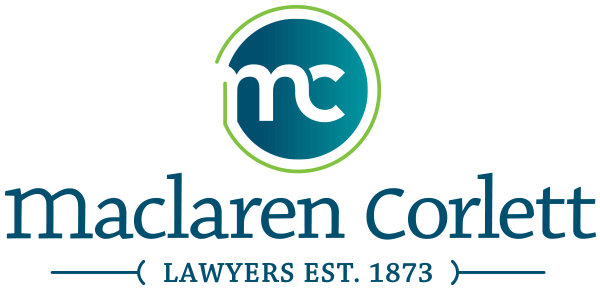Buyer Beware! Some Conditions Really Shouldn’t be Waived
It is not news to anyone that the Toronto real estate market has been at a fever pitch it has never seen before. Housing prices have sky rocketed, and properties have been routinely subject to heated bidding wars that result in sale prices far above the initial asking price (that, of course, leads to another topic which is why some agents seem to deliberately underprice properties in order to exacerbate this process, but that is a topic for another time).
What has been increasingly apparent to us in our real estate practice however is a disturbing trend for potential purchasers to be urged by real estate agents not to include any conditions in their offer, even those that would be considered standard. Some agents stress the importance of tendering a “clean” offer, and many purchasers (probably without having discussed the buying process with a lawyer much less having reviewed any potential offer with them), are persuaded that this is something that they must do. This omission has led to unhappy and unanticipated consequences for the purchasers, and likely based on risks never properly explained to them before they signed the documents.
A purchaser needs to be mindful of several key factors that are ever more frequently not explained to them by the real estate agent.
First, a purchaser must always remember that any agent they are dealing with is almost never working for them. Real estate agents are paid from the commission payable by the seller on the sale, so it is the seller who is paying them NOT the purchaser. Many purchasers either forget this or don’t know it, and assume that because “their” agent is showing them properties that he or she is working for them – not so!
There are a number of standard conditions usually inserted into an offer, for example: that a building inspection be done and a satisfactory report be received by the buyer; that the buyer be able to obtain satisfactory financing; and that (in the case of a condominium) a status certificate be reviewed by the buyer and their lawyer and found satisfactory.
While excluding any of these fundamental conditions from your offer can be risky, the most disturbing is a trend towards purchasers having been persuaded to exclude the condition with regard to the status certificate. This has been done because the purchaser has been convinced that it would lessen the acceptability of their offer or, in some instances, because the agent has procured a status certificate that can be reviewed before an offer is made. In that case, the agent has reassured the purchaser that this is an equally satisfactory option to including the condition in the offer, or substituted a warranty clause in the offer that the seller is not aware of any special levies contemplated for the property. In NO situation should the status certificate condition be excluded. The reasons for this are many, but most importantly:
- There is an enormous amount of revealing information that comes with a status certificate – financials for the condo corporation, a reserve fund study, insurance certificate, the condo corporation’s declaration and by-laws and more;
- The statements made in the status certificate as to arrears, anticipated special assessments, amount of maintenance fees etc. are binding on the condo corporation; and
- A mortgage lender will likely want one and may decline financing based on what is revealed in it.
The risk to a purchaser not familiar with condominium purchases means:
- This amount of information cannot be reviewed and understood by a purchaser in the brief time available to him or her while preparing an offer;
- The purchaser will undoubtedly be in an emotional frame of mind not conducive to proper review of the information;
- Most purchasers will find much of the documentation unfamiliar and difficult to understand or put in context;
- Even if a seller is prepared to warrant that they know of no special levies, that does not protect the purchaser from what the seller may not know, nor from any special levies planned in the near future and that warranty is not binding on the condominium corporation; and
- Most importantly, even if an accurate status certificate is provided and reviewed carefully by the purchaser before they make an offer, unless the condition with regard to the status certificate is included in the offer, any information that it contains cannot be relied upon by the purchaser at a later date as it was not an integral part of the offer.
Condominium maintenance fees can be a significant monthly budget item and unlike a mortgage payment the amount cannot be “locked in.” There can be a huge variance in how well a condo building is maintained and managed and an unexpected increase in monthly fees, or sudden special assessment could turn your dream home into a nightmare.
If you are thinking of getting into the real estate market, or even if you are a seasoned homeowner buying a condominium for the first time we strongly recommend that at the very least you have a discussion with one of our real estate lawyers about the types of conditions that are routinely in offers, what the risks are if you choose to waive or not include them, and, if they will be in the offer, how best to draft them. One option some of our clients have taken advantage of is to send us a draft offer template to review with them in advance, others contact us before even starting their search process to discuss things – what they should be wary or aware of when it comes time to actually make an offer. That way, in the heat of the moment when the excitement of buying your dream home is at its highest, you will then have a template for the offer that you can feel comfortable with and that won’t result in a nasty surprise once it is too late!



